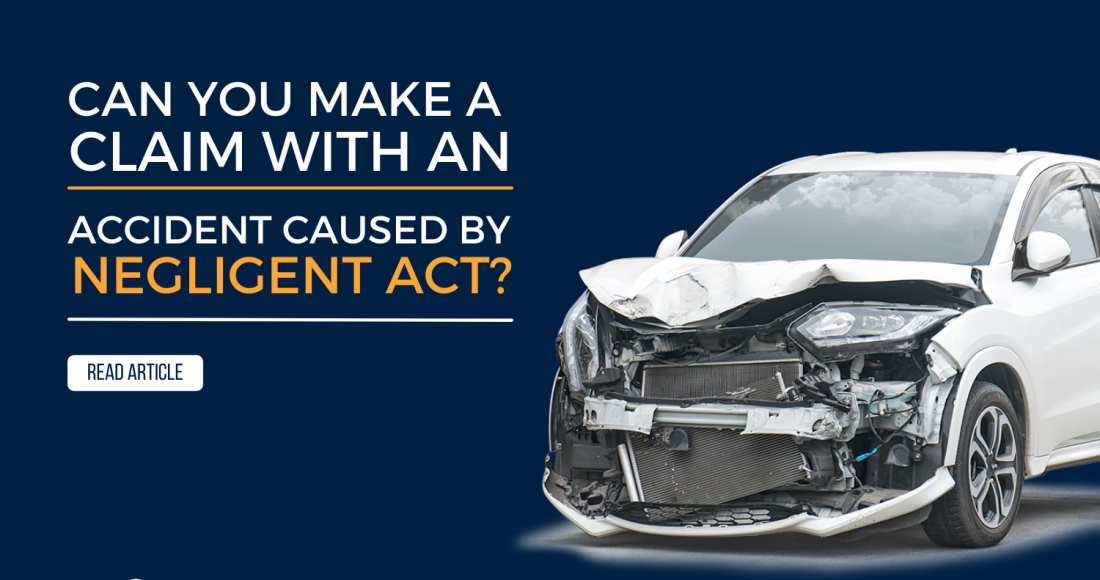You were involved in a car accident, and now is the time to assess the damage and file a compensation claim. This article’s question is if it’s even possible to claim if a negligent act caused the accident. Here are all details about these situations and what you can do when negligence leads to an accident!
What Is Negligence?
The experts agree that negligence is a careless or thoughtless behavior or action that could lead to other people’s injury or damage to objects. It’s when a person acts outside of what’s considered reasonable for that situation. For example, if there is a red light, a driver’s reasonable and expected thing is to stop. If you don’t do that, your actions are negligence. Here are some expected duties that each driver has:
- Not going over a reasonable speed – it’s not only about following the law, but adjusting the speed to the current traffic situation. If it’s raining heavily, driving at the speed limit can be dangerous and negligent.
- Keeping an eye on other traffic participants – is there a road hazard ahead? Make sure to notice it on time and adjust your speed. Also, always keep a lookout for what other drivers and pedestrians are doing.
- Staying in control of your car – a negligent act can also be if you leave the road for no apparent reason.
Some other duties include driving without the influence of drugs or alcohol and following the laws applicable in that situation. We all try to follow these, but after the accident happens, that becomes less important. The big question is what we’ll do next?
Who’s To Blame For Negligence?
The first thing to determine is who’s to blame for negligence. If the third-party’s negligence is what caused the accident, that’s the easy scenario. You can claim against their insurance (they should have one) and expect compensation. Make sure to photograph the scene and get the information on the other driver’s insurance. You want to have evidence that the other party’s negligence led to the accident. Even if they admit they are guilty, equip yourself with proof. That way, you won’t have to worry if the other party changes the story down the road.
Now, what happens if your negligence act led to the accident? Your negligence might be the reason why the insurance company will refuse your claim. Although it’s not a classic accident, vehicle thefts from a car wash are a common example of this scenario. You could leave car keys with the attendant and go to have a drink in the nearby coffee shop. The insurance agency will see it as you leaving keys with a stranger and leaving the vehicle out of your sight, which constitutes negligence. When it comes to car accidents, you have the right to file an own damage claim if you caused the incident. That’s a claim you’re making against your insurance company. However, it’s necessary to have a comprehensive cover since it’s the only policy that includes first-party damages.
Please note you will lose the no claim discount (NCD) if you make this claim. That’s why you should assess what’s the smart move. If the damage is minimal, it might be wise to pay for it yourself. That allows you to keep your NCD and pay a lower premium when renewing your insurance policy.






